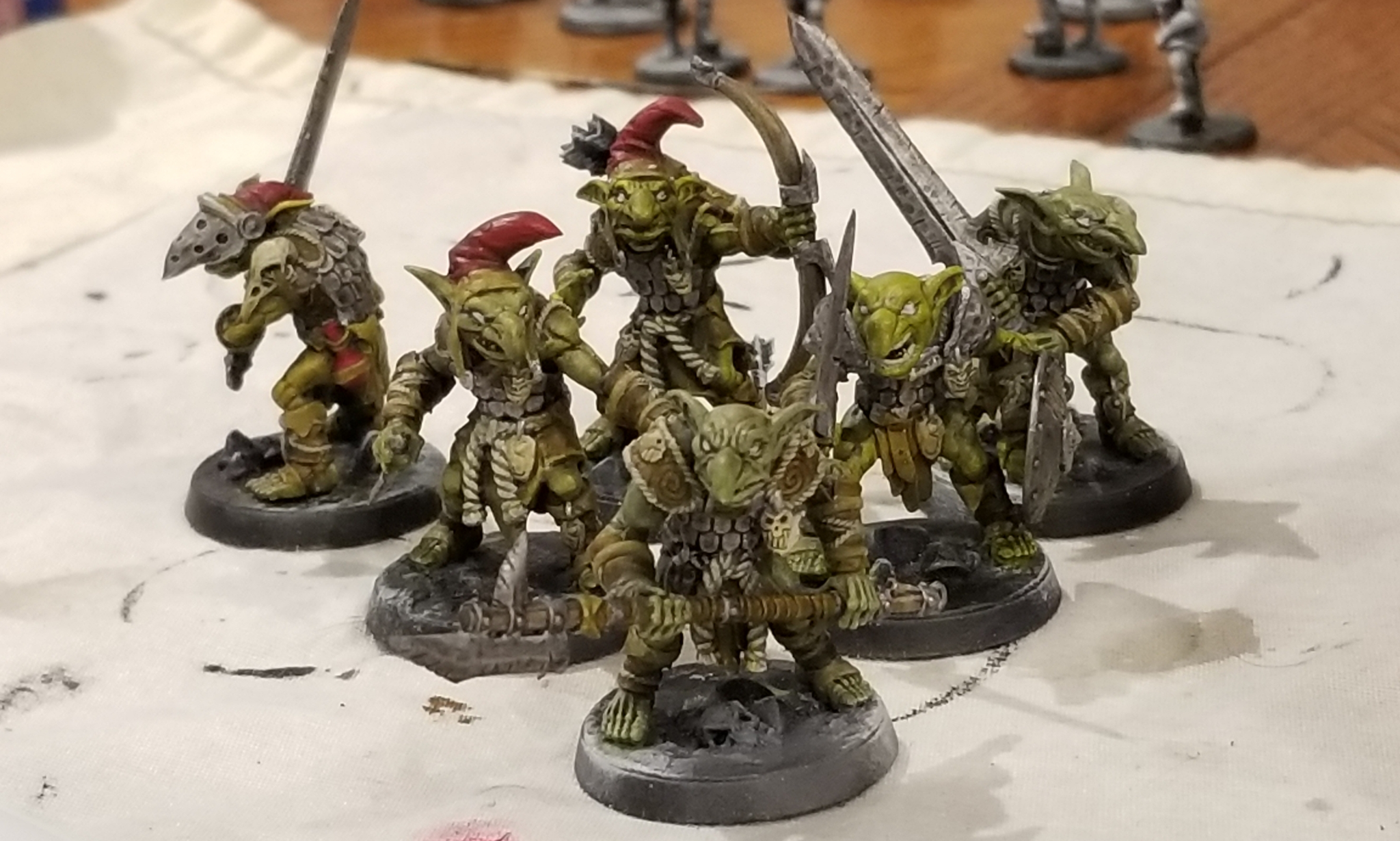RPGs are about fulfillment, continuity, pacing, challenge, and balance -- in that order.
- Fulfillment: Listen to what your players talk about before the session starts to get a feel for what keeps them coming back. Sometimes it's plot. Sometimes it's leveling up. Sometimes it's wacky irreverent hijinks. You don't have to be Brennan Lee Mulligan. You may not even need different voices for NPCs. Sometimes, all you need is a bag of chips and a Deck of Many Things and your players will think you're Shakespeare.
- Continuity: Anything important gets written down, and anything written down is important. When you ask a player to write something down, it signals to them what kinds of skills and resources are relevant in the kind of game you're running. For example, I don't tell my players to track how many torches they have, but I do ask them to write down if they've learned a new song or made a new friend -- and just by hearing that, you already know what kind of game I run.
- Pacing: Anything important has a deadline, and anything with a deadline is important. Without getting too specific, a lot of D&D 5E's chronic problems get mitigated if there's just a hint of a time crunch.
- Challenge: Set expectations and stakes for each quest. Try to communicate the anticipated rewards for success, consequences for failure, and risks along the way. This lets the players choose their own level of difficulty and stress, and gives them the agency of abandoning a quest.
- Balance: Honestly... don't think about balance yet. Balance between classes or pillars of adventuring is something only the most experienced DMs can do without getting overwhelmed.
